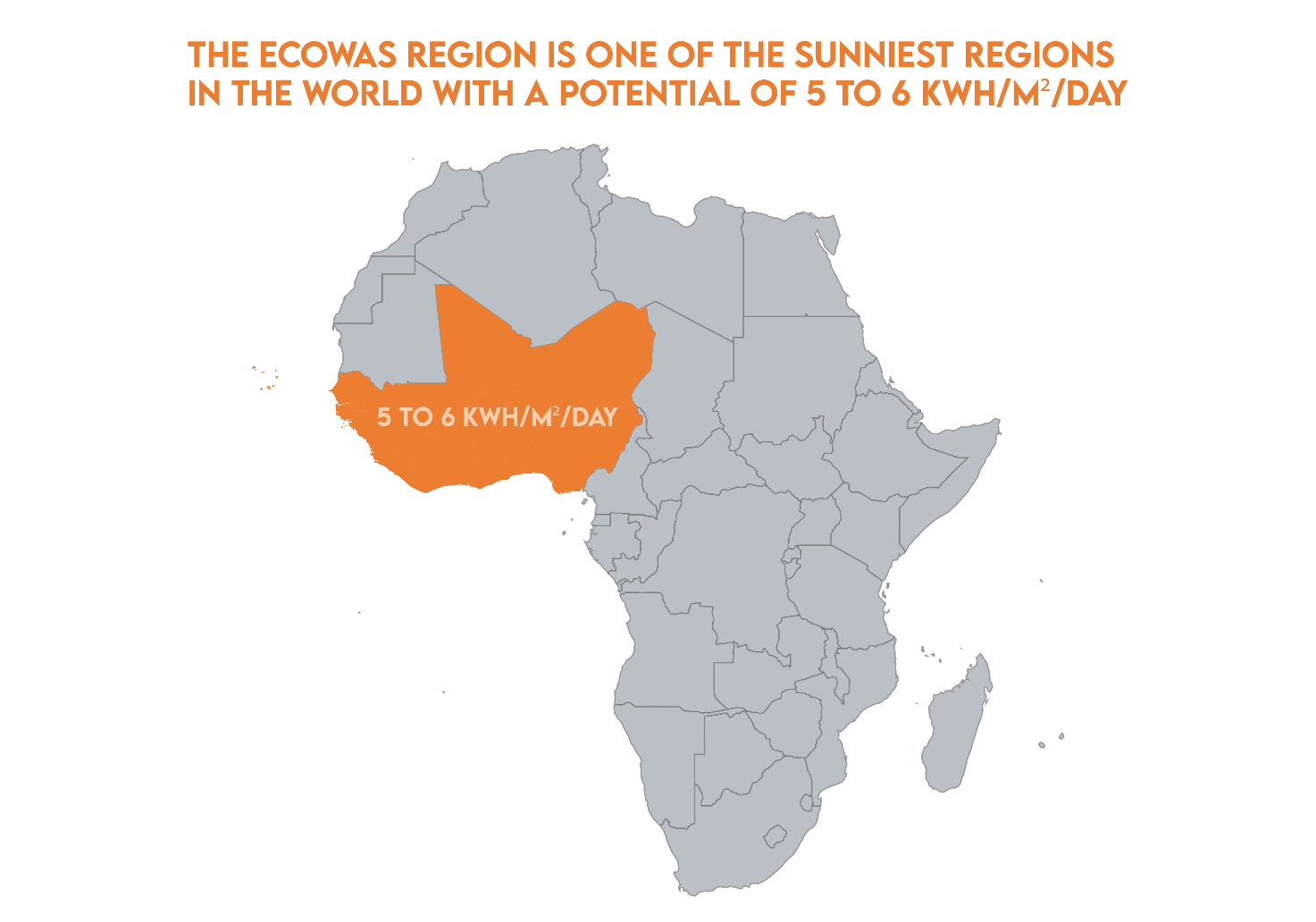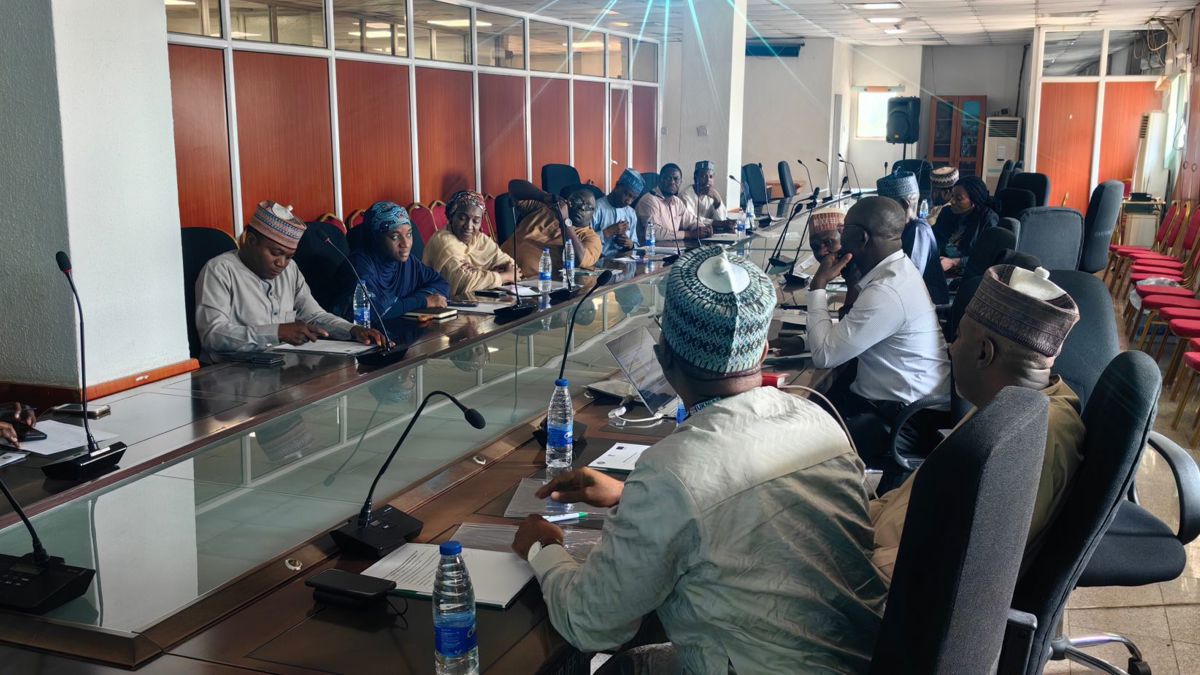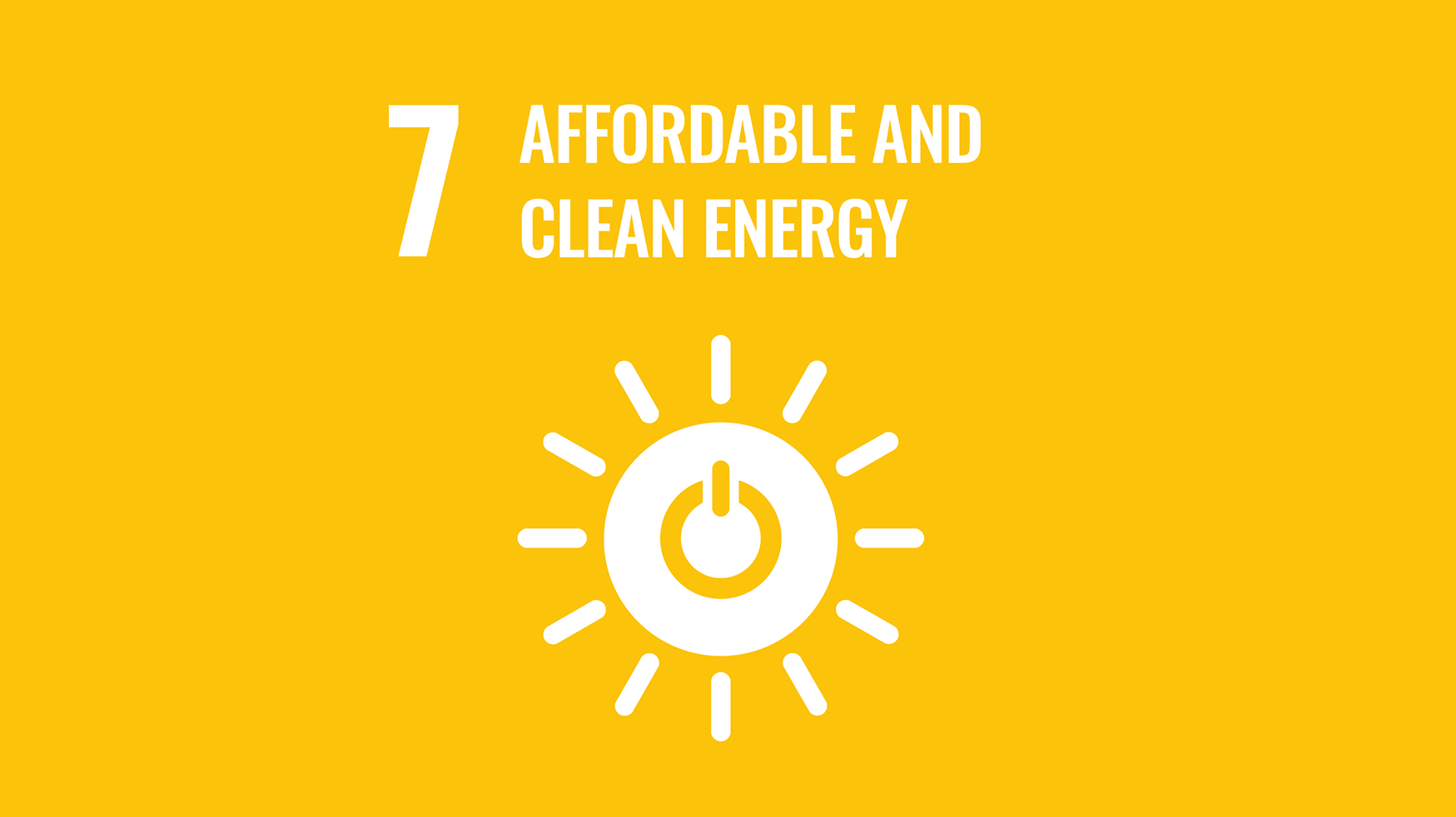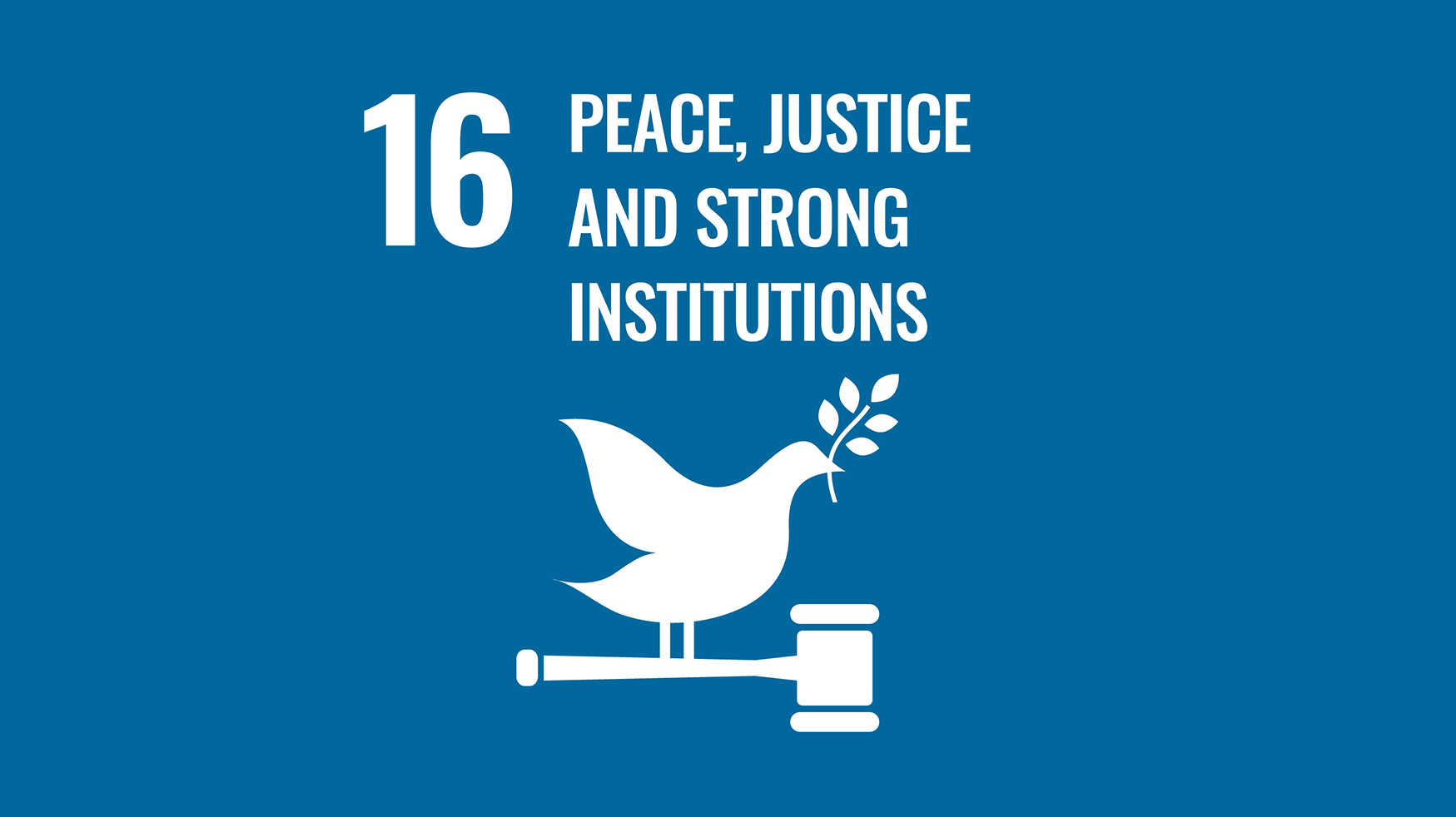
Despite the vast energy resources available in the ECOWAS region, it has one of the world's lowest rates of renewable energy consumption, and approximately 60% of its population faces challenges in accessing electricity. Energy security in the region is threatened by factors such as unreliable systems, inadequate infrastructure, dependence on fuel imports, and an overreliance on fossil fuels, hydropower, and traditional biomass resources.
In response to these barriers and in alignment with SDG 7 "Ensuring access to affordable, reliable, sustainable, and modern energy for all", the regional Programme titled "Improving the Governance of the Energy Sector in West Africa (AGoSE-AO)", was formulated to lay the foundation for enhanced governance, transparency, and accountability in the sector, overcoming barriers to accessing modern and sustainable energy services while contributing to poverty reduction through enhanced regional integration within the sector. In this context, the “Technical Assistance to ECOWAS for the Implementation of the 11th EDF Energy Governance Programme in West Africa (AGoSE-AO) ECOWAS Region” was awarded to NTU to provide support to regional institutions - West African Power Pool (WAPP), ECOWAS Regional Electricity Regulatory Authority (ERERA) and ECOWAS Centre for Renewable Energy and Energy Efficiency (ECREEE) - in line with their capacity strengthening needs.
The Technical Assistance, implemented from April 2018 to April 2024, was supported by a budget of over 8 MEUR.
180
million people have problems with access to electricity

Implementation
The Technical Assistance was structured around five main components:
-
Adoption of the Regional Energy Policy and Action Plan and its breakdown into National Action Plans
-
Adoption of the Regional Electricity Code
-
Creation of a Regional Energy Database and an Energy Information System for West Africa
-
Strengthening the Capacities of the Energy Stakeholders
-
Communication and Visibility
The complexity of the project stemmed from the diverse legal, institutional, and operational landscapes, as well as the challenge of implementing regional initiatives across these varied contexts. NTU took into account these divergences and provided targeted support to the Member States accordingly. For example, data availability and quality were fundamental to the project's success, particularly for the development of the Energy Information System. Given the varying levels of data access across Member States, NTU actively collaborated with them to support the timely collection, validation, and integration of data, ensuring the successful implementation of the project.
The development and launch of the ECOWAS Energy Information System (EIS) on March 24th, 2023 (https://eis.ecowas.int/) marked a significant achievement for ECOWAS, its Member States, and NTU, showcasing its advanced technical and analytical capabilities alongside its expertise in data management.
The adoption of the Regional Energy Policy and Regional Electricity Code demanded a high level of stakeholder engagement from NTU, ensuring the capacity to accurately identify and address the needs and demands of diverse stakeholders at regional, national, and local levels. NTU adopted a highly participatory approach, emphasising the importance of incorporating diverse perspectives and maintaining continuous dialogue with stakeholders to achieve broad consensus and enhance the achievements’ relevance that ultimately led to the adoption of the policies.
Training and capacity-building for key regional energy stakeholders was a critical component of the project, as effective knowledge transfer was essential to support the reforms implemented in the energy sector and to promote the sustainable development of the energy sector beyond the project's conclusion.
-
The ECOWAS regional energy policy and ECOWAS regional electricity code were adopted by the ECOWAS Member States. This achievement contributes to shaping a unified regional energy strategy that addresses the contemporary needs of the West African energy landscape, facilitates cross-border collaboration to address regional challenges, and contributes to the economic resilience of the region.
-
The TA bolstered the region's capacity for energy production and distribution, facilitated common infrastructure development projects and enhanced regional energy security and connectivity.
-
The launch of the EIS, involving the annual collection and publication of energy balances and key performance indicators by the 15 member states, significantly improved energy governance and streamlined decision-making processes across the region.

SDGs
This action aligns with the following Sustainable Development Goals:






